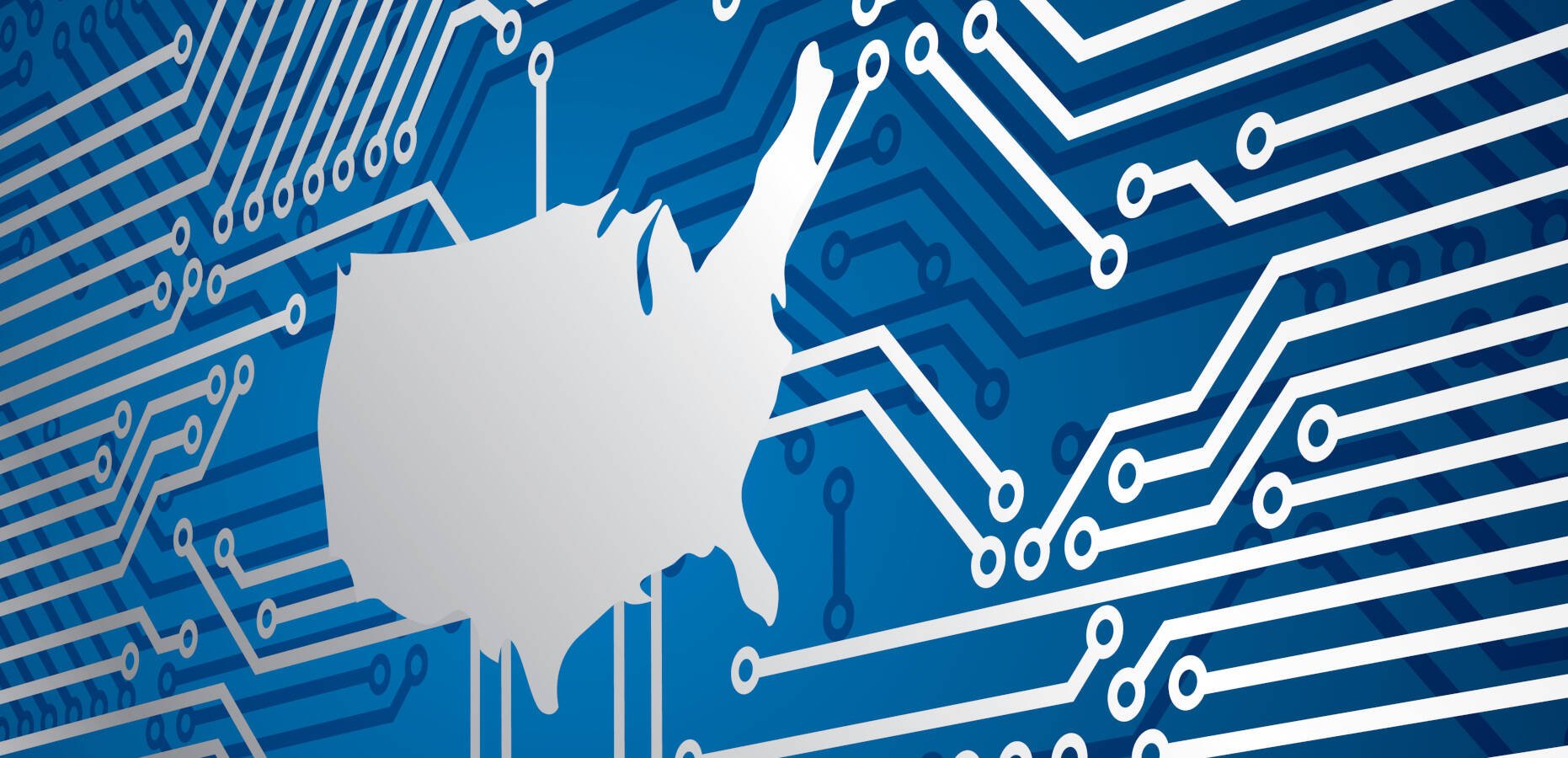
June 24, 2024 at 08:13PM
The American Privacy Rights Act (APRA) introduced in April aimed to establish a national data privacy and security standard. However, recent legislative changes have diluted privacy rules, removing civil rights protections and creating loopholes. Advocacy groups and experts express concern over the weakening of the bill and urge lawmakers to reconsider its content.
Here’s a summary of the meeting notes:
The American Privacy Rights Act (APRA) was initially seen as a significant opportunity to establish a national data privacy and security standard. However, recent legislative changes have raised concerns about privacy loopholes and the omission of civil rights protections. The latest draft has faced criticism from advocacy groups, such as the Lawyers’ Committee for Civil Rights Under Law (LCCRUL), which has advised against the bill due to perceived weaknesses.
The revised APRA is considered weaker than existing state laws, and there are concerns that it does not adequately cover personal data collected and used on devices. Advocates argue that the bill fails to address the growing power of AI software on personal devices and removes essential civil rights protections.
Initial support for the APRA came from various organizations, including the Center for Democracy and Technology, The Washington Post, and Microsoft. However, the bill met resistance early on, with concerns raised about its potential impact on existing privacy protections and data-broker obligations.
The latest revisions have further intensified criticism, with calls to delay further action until civil rights provisions are restored. Additionally, the removal of civil rights protections has led to strong condemnation from organizations like the Electronic Frontier Foundation and UnidosUS, who see the bill as endorsing privacy violations and discriminatory use of personal data.
The concerns voiced by various stakeholders reflect a broader dissatisfaction with the direction in which the APRA has evolved, from a promising opportunity for meaningful data privacy protections to a bill seen as weaker and potentially harmful to consumer privacy and civil rights.